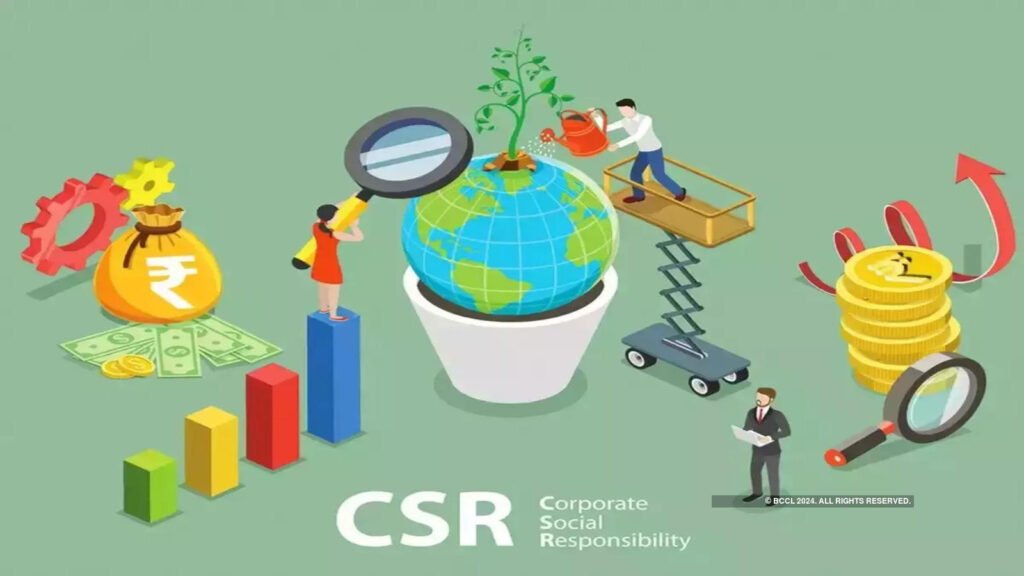The idea of Corporate Social Responsibility (CSR) has been a topic of discussion since the 1950s. However, it wasn’t until much later that people started understanding its meaning, significance and impact. CSR, in the form that we see today, became popular after it was defined by Archie Carroll’s “Pyramid of Corporate Social Responsibility” in 1991. Its simplicity, yet ability to describe the idea of CSR with four areas, has made the pyramid one of the most accepted corporate theories of CSR since.
Carroll’s pyramid suggests that corporate has to fulfil responsibility at four levels – Economic, Legal, Ethical and Philanthropic.
Economic Responsibility
The lowest level of the pyramid represents a business’s first responsibility, which is to be profitable. Without profit, the company would not be able to pay their workers, employees will lose their jobs even before the company starts CSR activities. Being profitable is the only way for a company to be able to survive long term, and benefit society. Additionally, this also means that it is a company’s duty to produce goods and services that are needed/wanted by the customers, at a reasonable price.
Legal Responsibility
The second level of the pyramid is the business’s legal obligation to obey the law. This is the most important responsibility out of the four levels as this will show how companies conduct their business in the marketplace. Employment laws, competition with other companies, tax regulations and health and safety of employees are some examples of the legal responsibilities a company should adhere to. Adhering to the laws is not just about compliance but also about displaying a company’s integrity and commitment to fair play. Failing to do this could earn a business a nasty reputation and deplete the trust that its stakeholders place in the enterprise.
Ethical Responsibility
The ethical layer of the pyramid is described as doing the right thing, being fair in all situations and also avoiding harm. A company should not only be obeying the law, but it should also do their business ethically. Unlike the first two levels, this is something that a company is not obligated to do. However, it is best for a company to be ethical as this not only shows their stakeholders that they are moral and just, but people will feel more comfortable purchasing goods/services from the company as well. Being environmentally friendly, treating suppliers/employees properly are a few examples of being ethically responsible. At a time when there are numerous corporate scandals coming to light, it is crucial for a company to maintain high ethical standards to ensure a company’s long-term success and reputation.
Philanthropic Responsibility
At the top of the pyramid, occupying the smallest space is philanthropy. Businesses have long been criticized for their carbon footprint, their part in pollution, using natural resources and more. To counterbalance these negatives, they should “give back” to the community they take from. Even though this is the highest level of CSR, it should not be taken lightly as many people would want to do business with companies that are giving back to society. Philanthropic Responsibility is more than just doing what is right, but it is something that holds true to the company’s values, to give back to society.
According to Carroll’s pyramid, responsible business is one which qualifies all the levels of responsibilities before taking up philanthropy. Without fulfilling the other responsibilities, a business cannot sustain.
Carroll’s Pyramid of Corporate Social Responsibility provides a robust framework for understanding various levels at which a company has responsibility to its stakeholders. It highlights that for a business to be genuinely responsible, it must take a step beyond profit-making and meeting legal requirements of a country. By embracing ethical practices and contributing to societal welfare through philanthropy, businesses can create a positive and long lasting impact on the world.
Source link
Modified by Maaaty at Cheap Generic Pharmacy

